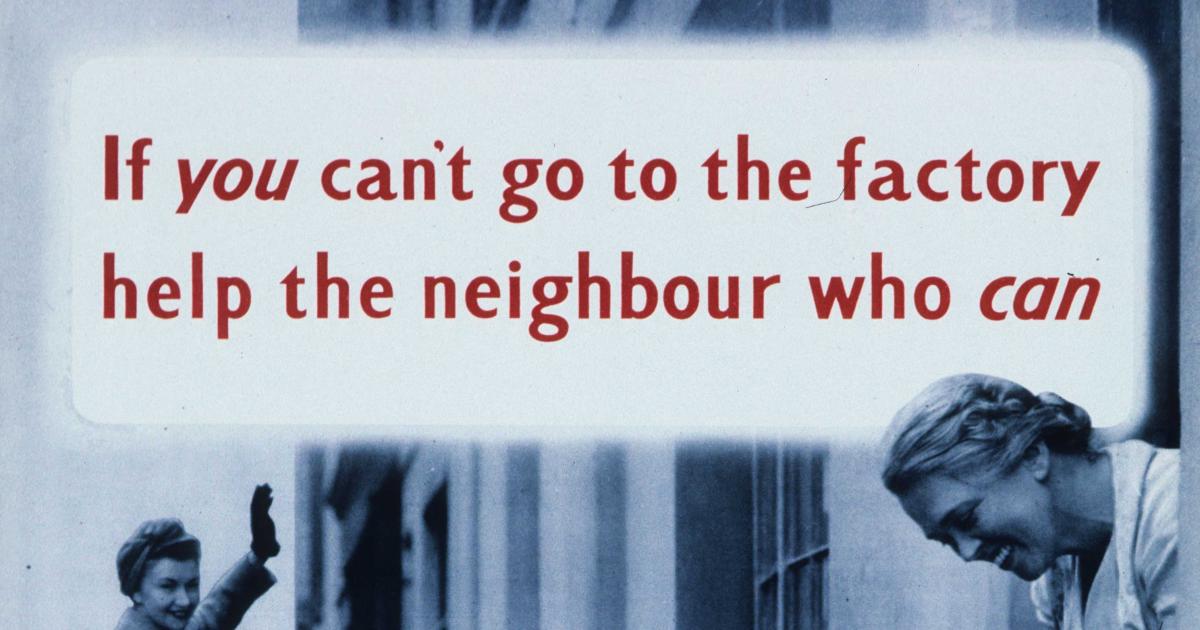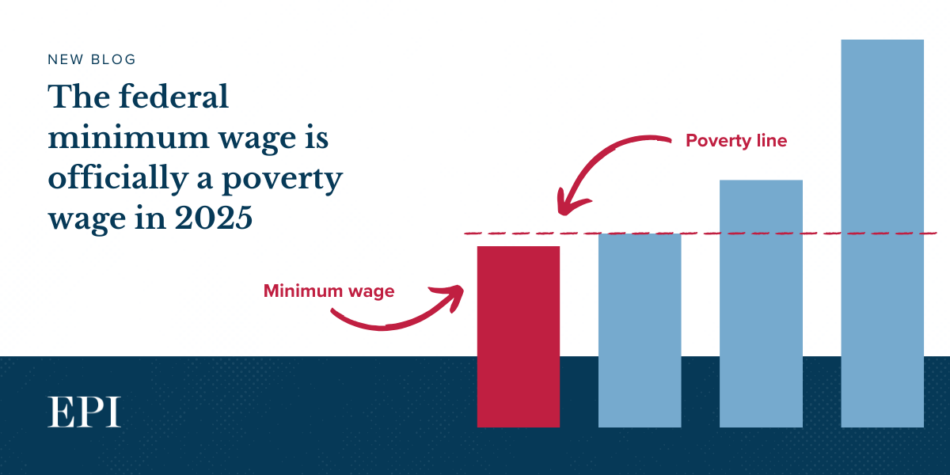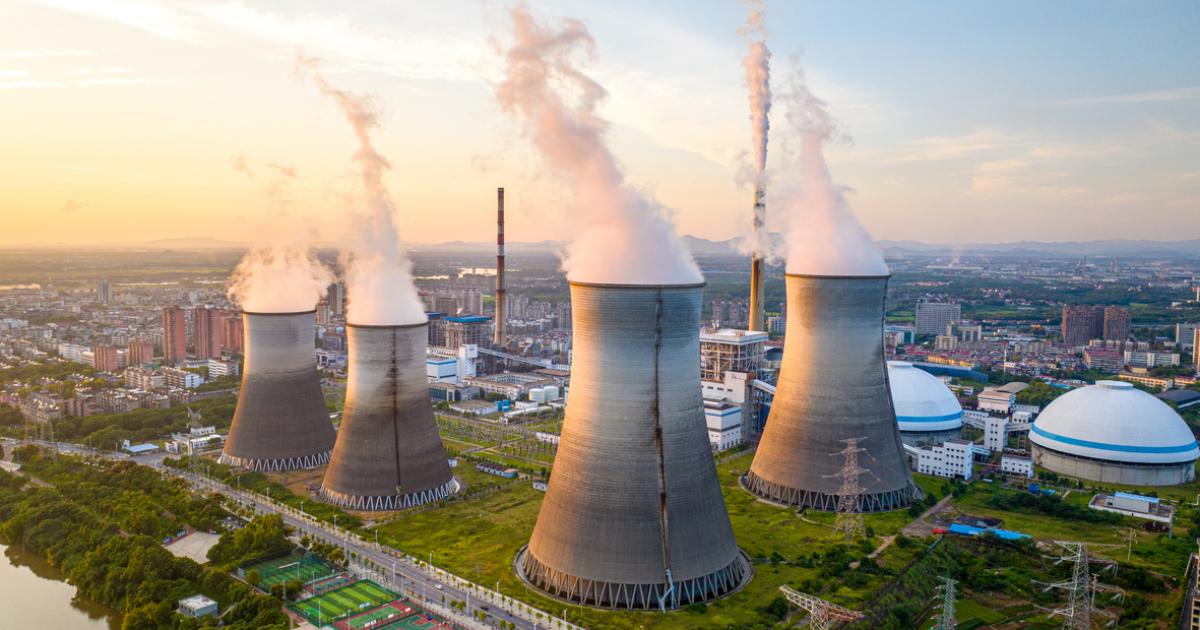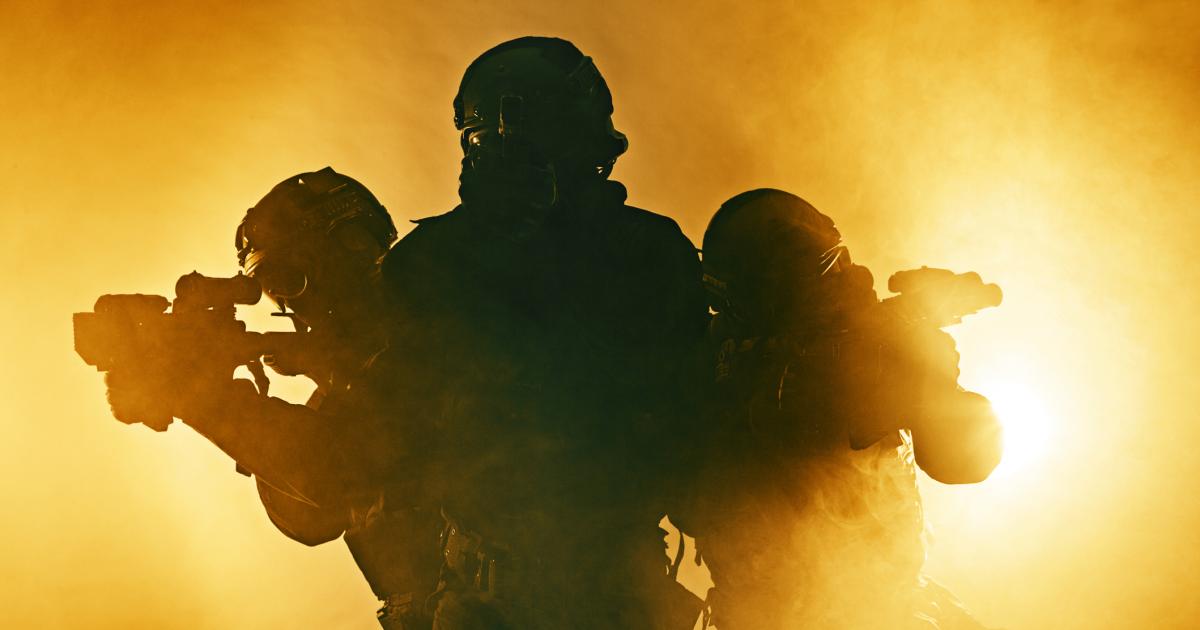The Ongoing Struggle: Understanding China's Aggressive Stance Toward the U.S.

The surest way to lose a war is to refuse to recognize that youre in one. At present, the United States appears to be doing precisely that, turning a blind eye to the reality of its ongoing tensions with the Peoples Republic of China. As the geopolitical landscape evolves, it has become increasingly evident that Beijing is engaged in a multifaceted conflict with an oblivious and unprepared America.
Since May 2019, when Peoples Daily, China's most authoritative publication, released a landmark editorial, the rhetoric surrounding Sino-U.S. relations has shifted dramatically. The editorial declared a peoples war on America, illustrating the severity of the situation and the determination of the Chinese Communist Party (CCP) to frame its strategy against the United States.
In 2023, the official military publication, PLA Daily, elaborated on this concept, stating that a peoples war signifies a total war requiring the comprehensive mobilization of political, economic, cultural, diplomatic, military, and other resources. This comprehensive strategy indicates a shift toward employing multiple forms of struggle and combat methods, highlighting a sophisticated approach to warfare that extends beyond traditional military engagements.
The CCP has long perceived the United States as an existential threatnot merely due to actions or policies but because of the very ideals that America represents. As noted by Miles Yu, a prominent commentator, the insecure ruling organization in Beijing fears the inspirational power of American ideals and its form of governance. Charles Burton from the Sinopsis think tank further emphasizes this stance, suggesting that the Chinese regime disdains the United States because it serves as a global beacon advocating for individual human rights and the principle of government of the people, by the people, and for the people.
As such, it is increasingly clear that achieving amicable relations between the United States and China is unlikely as long as the Communist Party remains in power. The interpretation of war by Beijing also diverges significantly from that of Washington. Although China has publicly distanced itself from the concept of Unrestricted Warfare, a provocative theory outlined in a 1999 book by two Chinese air force colonels, its recent actions reflect the strategies discussed in that work.
Among the nontraditional tactics employed by the Chinese regime in its campaign against American society is the production and distribution of fentanyl. Chinese laboratories are known for designing and manufacturing this potent opioid, contributing to a significant public health crisis in the United States. The Chinese surveillance state closely monitors these operations, providing tacit approval and support to drug gangs and state-owned producers. Moreover, even platforms like ByteDances TikTok, despite being nominally private, have been implicated in promoting illicit drug use among American youth.
Chinas definition of warfare extends to numerous activities that undermine American security. This includes the theft of hundreds of billions of dollars in American intellectual property annually, frequent intrusions into U.S. military bases, and cyberattacks targeting American networks, which occur at an astonishing rate of millions each day. The Chinese regime's pervasive influence has infiltrated American schools, media, and political institutions, and even extends to maintaining secret police stations on U.S. soil. Furthermore, the CCP's propaganda efforts consistently aim to undermine American credibility and interests.
The escalation of China's war against America is evident through various indicators. Xi Jinpings rhetoric has taken a confrontational turn, frequently employing the slogan Dare to fight. This aggressive messaging has resonated throughout the ranks of the Chinese military, which asserts its readiness for conflict.
Beyond mere rhetoric, Xi is executing the largest military buildup since World War II, attempting to fortify his regime against potential sanctions and stockpiling essential commodities like grain. He is actively purging military officials who oppose aggressive military actions, and the scrutiny of U.S. nuclear capabilities is evidenced by incidents such as the Chinese balloon that traversed American airspace two years ago. In preparation for conflict, Xi is converting civilian production lines to support war efforts, mobilizing military reservists, and calling upon the civilian populace to be battle-ready.
Remarkably, no U.S. president in the past five decades has had the political fortitude to label the Chinese regime as an enemy. Meanwhile, America continues to behave as if it is in a state of peace, which could very well be the surest pathway to losing this ongoing war.
























